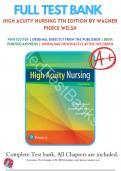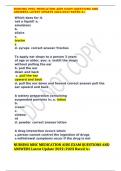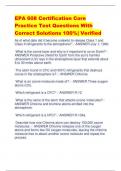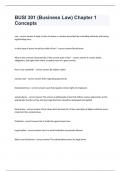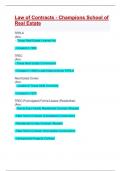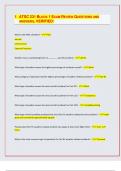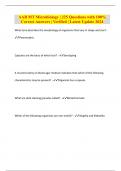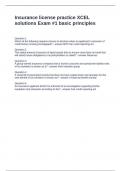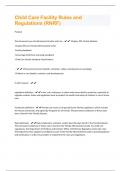Tentamen (uitwerkingen)
High Acuity Nursing 7th Edition Kathleen Dorman Test Bank, All Chapters - Questions and Answers
Test Bank For High-Acuity Nursing 7th Edition by Kathleen Wagner ,Melanie Hardin-Pierce,Darlene Welsh,Karen Johnson. 1 High-Acuity Nursing 2 Holistic Care of the Patient and Family 3 Palliative and End-of-life Care 4 The Older Adult High-Acuity Patient 5 Acute Pain Management 6 Nutrition Support 7 ...
[Meer zien]
